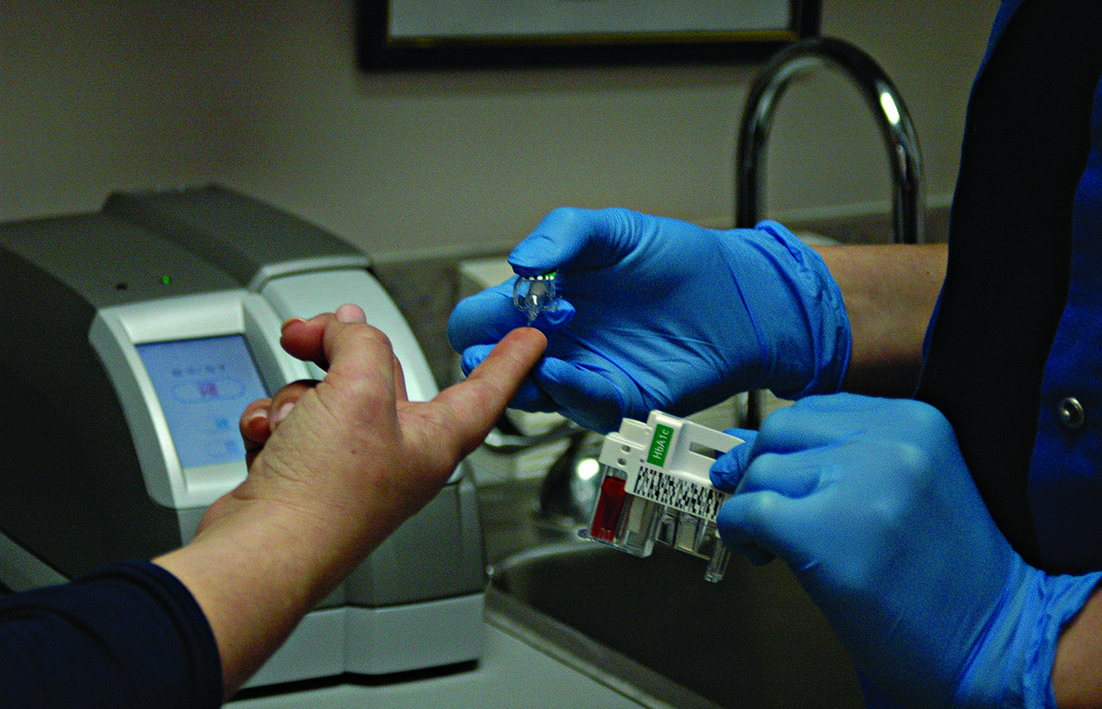
DIABETES WA has called for better access, subsidised technology and preventative measures in the wake of the ‘inquiry into diabetes’ report.
The federal government report into the State of Diabetes Mellitus in Australia 2024 captures the scale of the nation’s diabetes epidemic and understands that the condition has many and complex causes, says Diabetes WA.
The report contains 23 recommendations that cover a range of issues, such as diabetes screening, access to diabetes technology and medication, diabetes research and data and diabetes care for at risk cohorts.
As the peak state body for diabetes, Diabetes WA welcomes the attention and effort the Government has committed to an issue that affects more than 148,000 West Australians, with 30 more diagnosed with the condition every day.
Diabetes WA chief executive officer Melanie Gates said her key takeaways from the report were greater subsidisation of life-changing technology, better access to diabetes support and services, and more focus on prevention and education.
“We are pleased that the committee has listened to the voices of people living with diabetes, including the submission from Diabetes WA, which featured the voices of so many from our West Australian community,” Ms Gates said.
“We have been calling for greater access to vital diabetes technology, including continuous glucose monitors (CGMs) and automated insulin pumps because we know the difference these vital technologies can make to the lives of the West Australians who are living with diabetes.”
The report recommends increasing CGM access for individuals living with Type 1 Diabetes and expanding subsidised access, to benefit the 28,000 Western Australians living with Type 2 who require insulin injections.
Ms Gates also praised the report for highlighting the importance of telehealth services, such as the Diabetes WA Telehealth.
“Western Australia is home to regional and remote communities that have some of the country’s highest rates of diabetes,” Ms Gates said.
“Our Telehealth service, which works alongside country health organisations and Aboriginal Community Controlled Health Organisations (ACCHO), can be a lifeline to people living with diabetes in parts of the state that health services often struggle to reach.”
The report also recommends broad-reaching preventative measures, including clearer food labelling about sugar content, regulating food marketing and advertising to children, and government funding for education and public health campaigns.